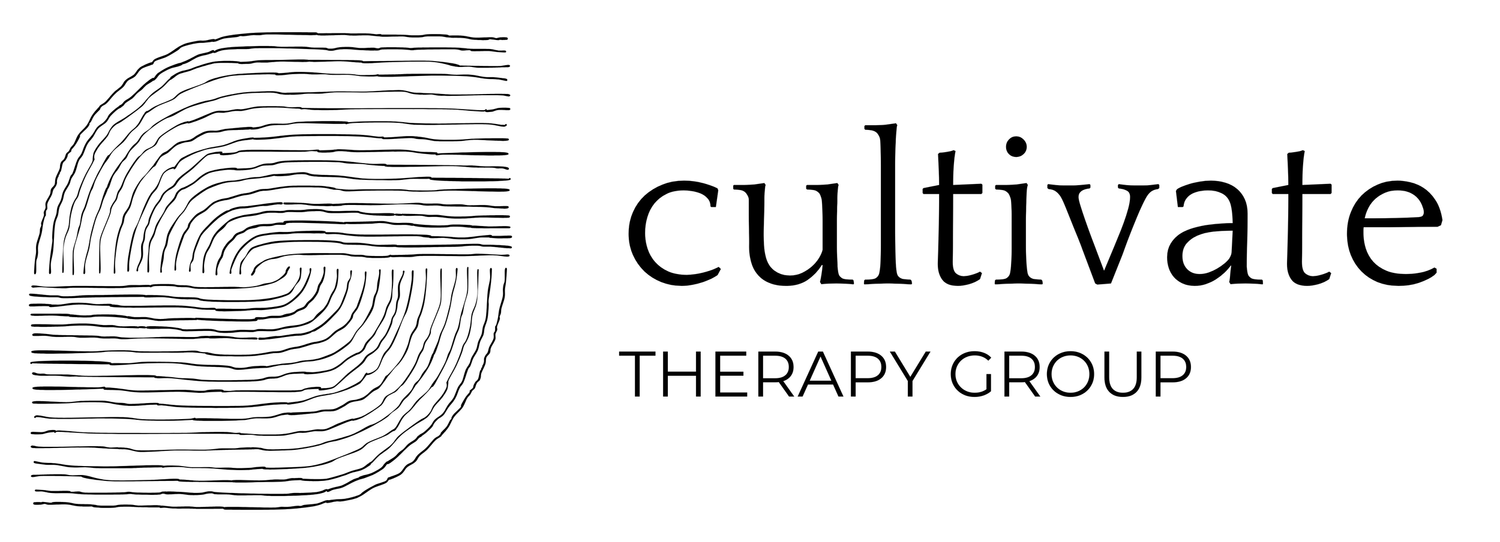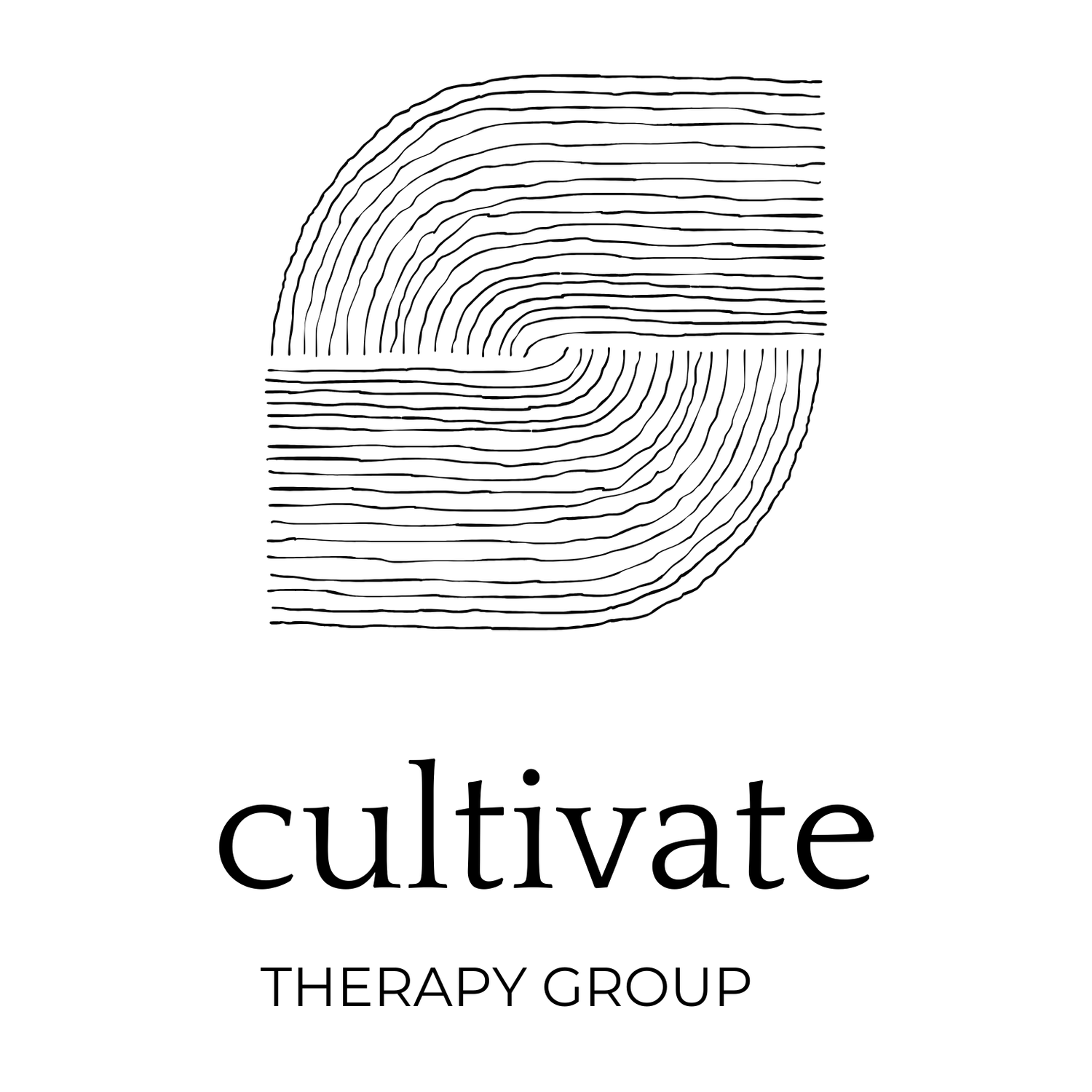
Therapist’s Top Trauma Book Recommendations
Therapy is a big investment of time, energy, and financial resources. And while I whole heartedly believe that therapy can be a profoundly healing experience that equips people with tools to live healthier, more fulfilling lives, it really is what you put into it. Merely attending a 50 minute session each week isn’t going to magically change your life. The winning combination is a willingness to show up and do the work in session, and implement those changes throughout your week.
One of my favorite recommendations for my counseling clients is to supplement our work with some intentional reading. By adding some adjunctive therapeutic reading (psychobabble term: bibliotherapy) on certain topics you want to change, then working to make those incremental changes can really help your healing process. So here are my most recommended therapy books about trauma.
Am I Codependent?
Codependency is a bit of a psychobabble buzz word - but what is codependency? Codependency describes a set of traits and features of unhealthy dependence on another for that one’s emotional well being. This term is often used within the realm of addiction, but codependency can surface in other relationships as well.
Ultimately, people who struggle with codependency will not feel okay unless others are okay. There is a blurred line between one’s own thoughts, emotions, and needs and the thoughts, emotions or needs of another person.
Befriending Our Ugly Parts
The best way to manage those unsightly parts of ourselves is actually to befriend them. Yes, even that one you hate. Hating ourselves for a certain reaction rarely creates change.
“Parts” language comes from a therapy modality called Internal Family Systems. We can really get into the weeds on this, but the basic theory is that we all have many parts of ourselves that are performing different tasks for our overall good. The parts always intend well for us, even if their actions seem to backfire. Often these parts of ourselves are working to protect us in some way and fear that if they don’t do what they are doing (pleasing others, being critical, being a perfectionist, acting suspicious, etc.) that something bad would happen.
Playing Opposite Day with Depression
Remember when you were a little kid and you’d have opposite day? Whatever someone said to do, you’d do the opposite. This fun (sometimes annoying) little game may offer some insight into how to battle depression.
Stick with me here…
Depression is tough. During a depressive episode you feel down, hopeless, critical, unmotivated, tired. You desperately want connection and understanding with others, but you also want to stay in your bed watching Netflix and not see anyone at all. When you’re in a grounded place, you can battle the negative thoughts, but when you’re feeling depressed they sound so compellingly true.
Enter - Opposite Day.
Growing Healthier Through Self-Talk
Words are powerful. The Bible compares the power of words to a spark that can cause a wildfire (perhaps a metaphor too close to home for us Californians) or a small rudder than can control an entire ship. Whether our words are spoken aloud or only thought, they have a huge impact on our emotions and behavior. Self-talk is the pyscho-babble term for how we speak to ourself (fancy huh?). Whether we speak kindly or harshly to ourselves can have a big impact on how we feel and act.

